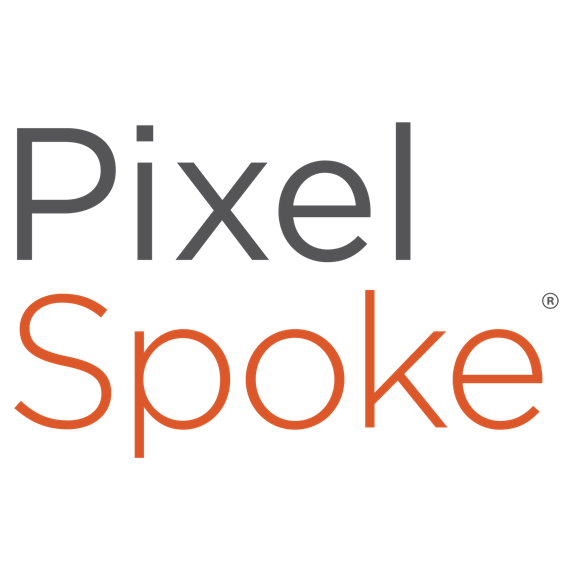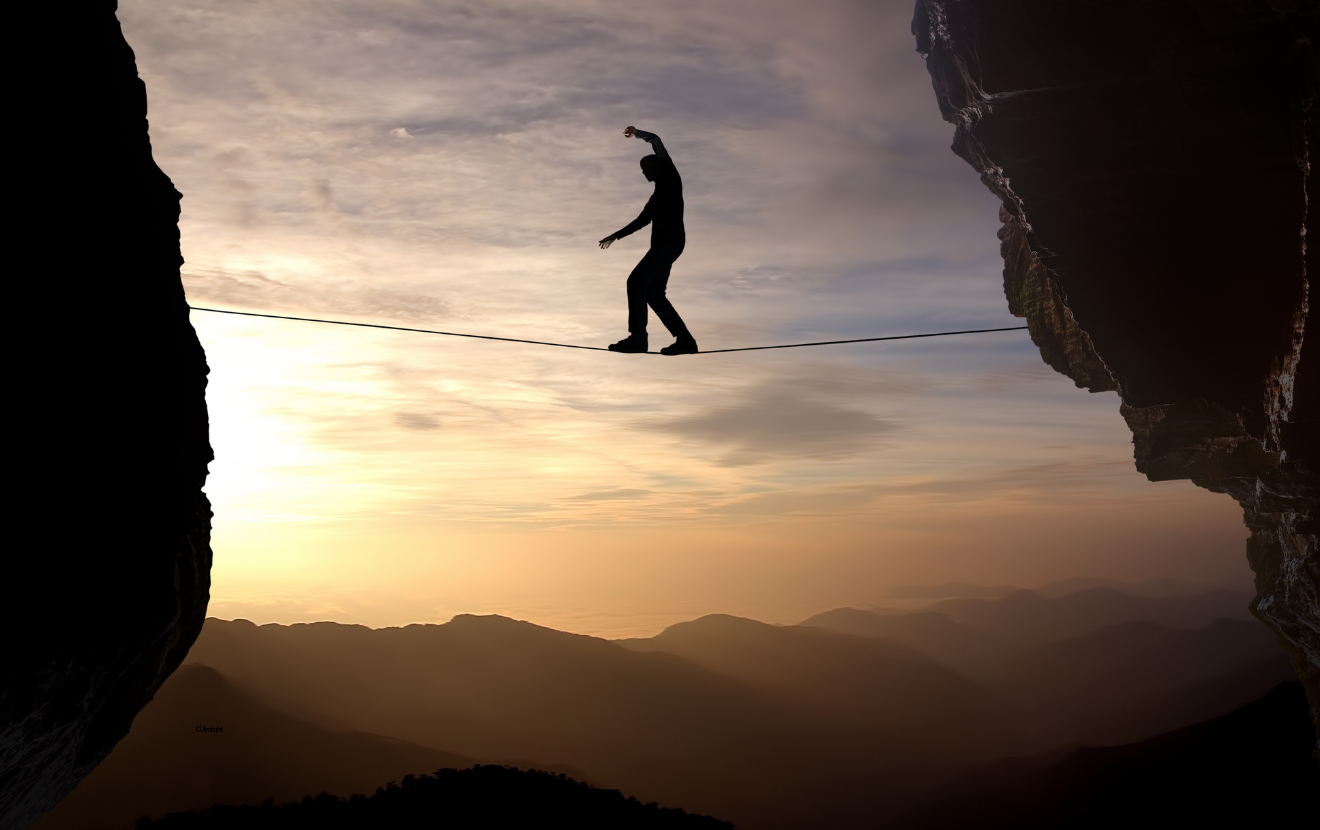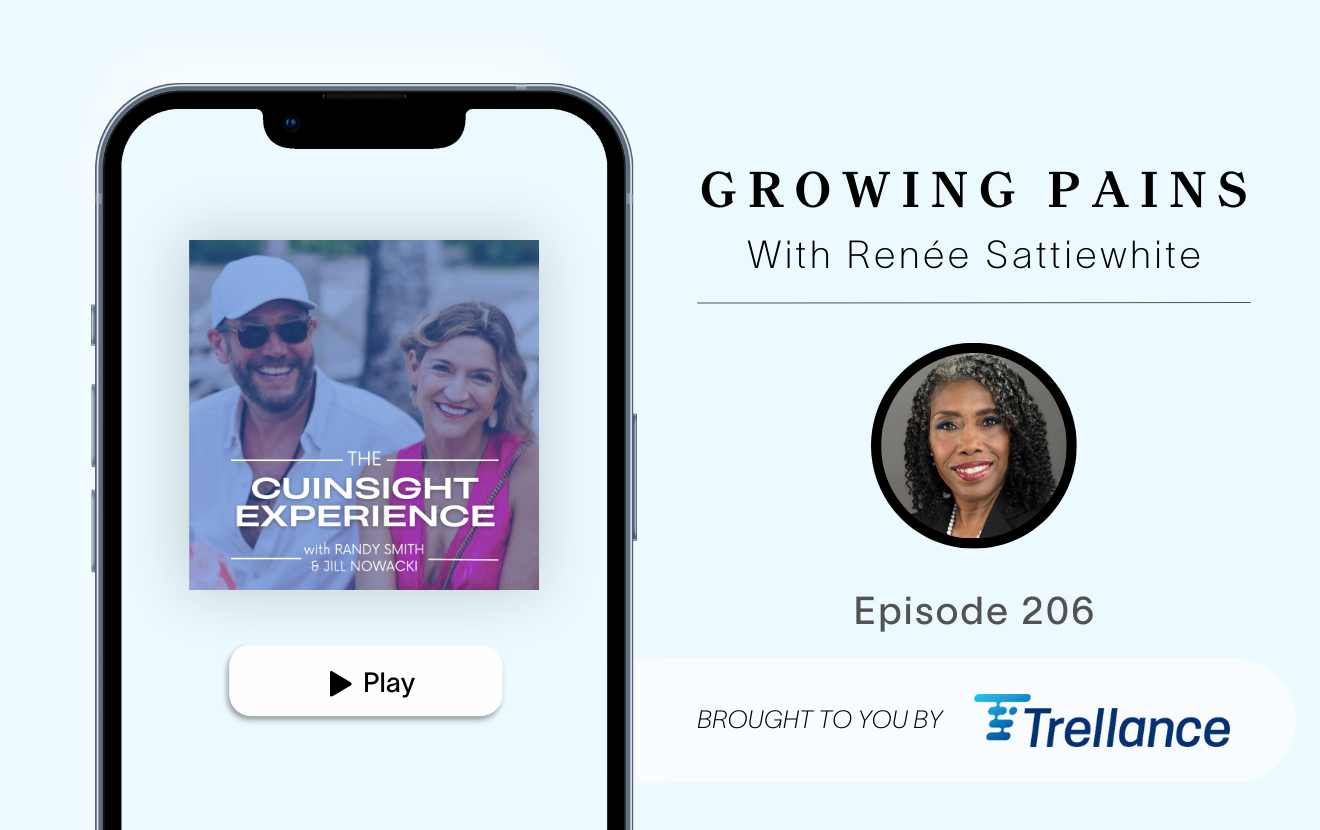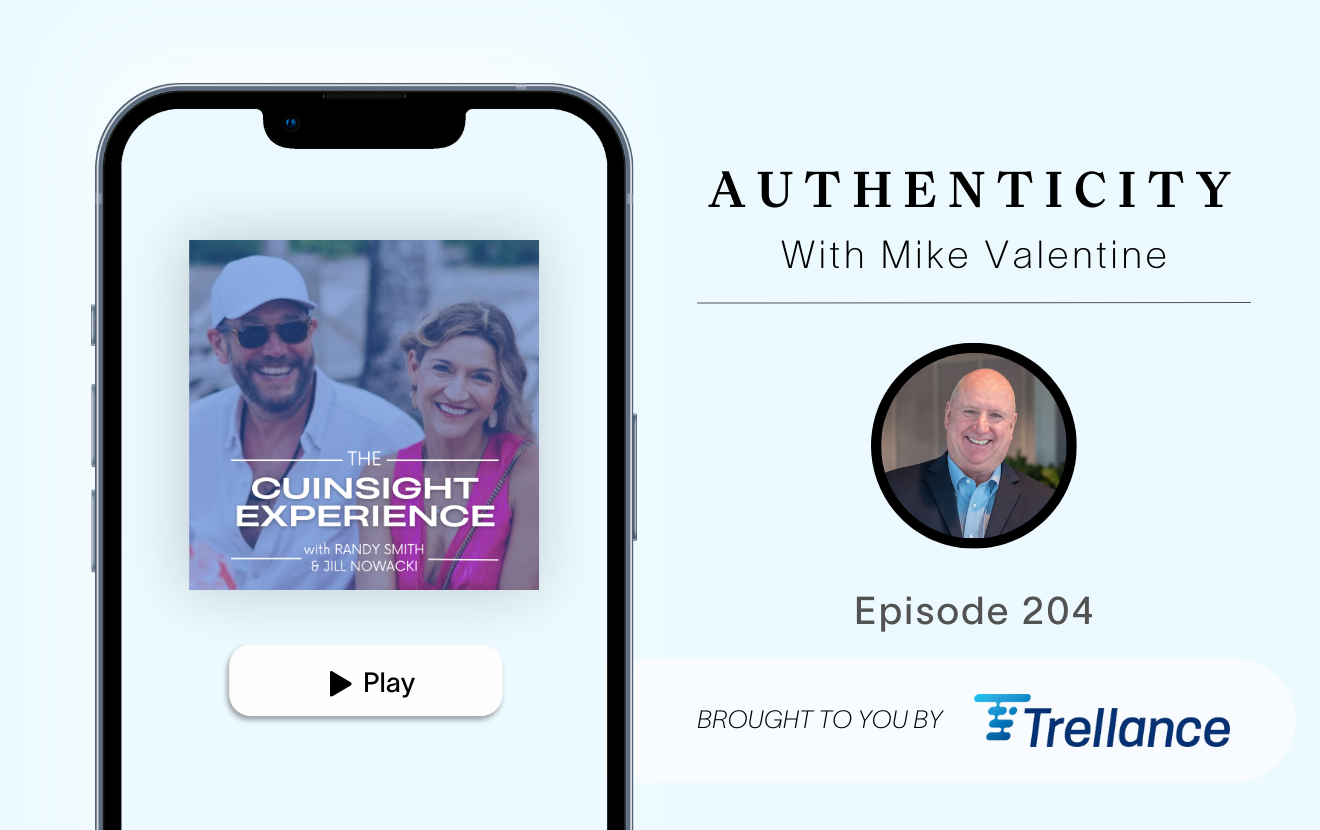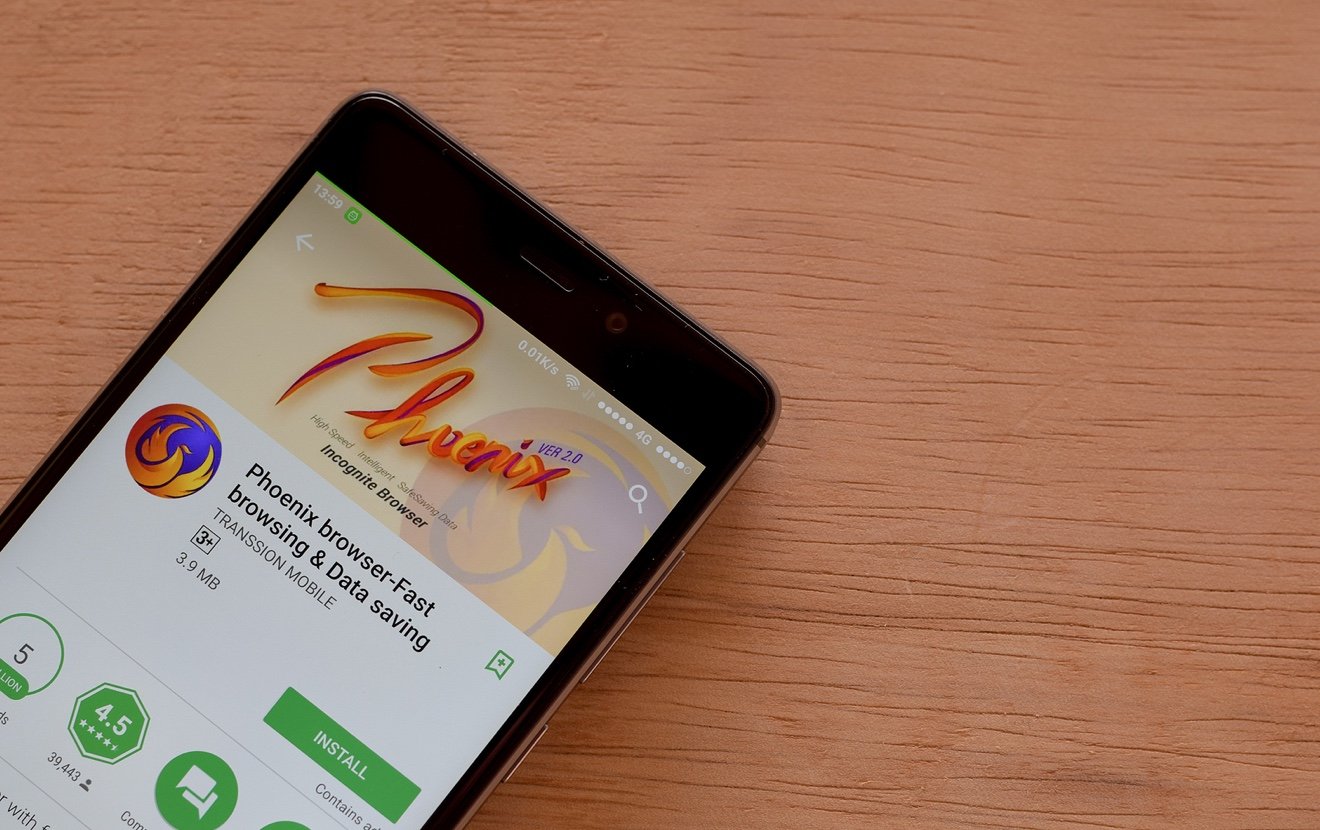I’m one of those folks who almost never has trouble falling asleep. But for whatever reason, 3:15 a.m. seems to be the time when I wake up and am unable to go back to sleep. While there’s an obvious downside to this, one of the positive outcomes is that I often use the time to work through and move forward with things that are weighing on me.
In 2020, the murder of George Floyd—and so many other innocent Black, Brown and people of color—was a “3:15 a.m.” on my connection to purpose. I wasn’t sure exactly what to do with my anger and sadness, but I did realize (finally) that I needed to step up, and move forward with what was weighing on me—on all of us. Some of the stepping up has included learning, building community, and taking action with other white men, through White Men for Racial Justice.
With the new Federal administration in place, I’ve heard several versions of this question: “Are y’all going to stop doing DEI work at your company?” I believe that the threats of retribution against individuals, companies and organizations for language or work around Diversity, Equity and Inclusion are coming from a place of cowardice and fear. Racism and bigotry are the spawn of a patriarchal foundation, which has recently re-energized a vocal minority of individuals who subscribe to zero-sum thinking. That’s a fancy way of saying: "If someone else gains, I lose.”
One of the experiences I have had here at PixelSpoke is that the more we have viewed our business and our work through a lens of “DEI,” the more we have all gained, and the stronger we have become. Here are some real-world examples:
- Our company culture and relationships are stronger. By broadening our recruiting efforts, we have experienced the gift of working alongside folks who have advanced our perspectives and deepened our connections. Our team is probably getting a little tired of me saying: “Y’all are a big part of what gets me out of bed every day.” But I mean it. I personally have a fuller, more joyful life because of the specific individuals I spend time with every single day.
- We’re more connected to our clients. Leading with empathy has attracted incredible, values-aligned clients who are truly making a difference in the lives of their members. After participating in DE training last June, I got a tiny glimpse of the passion and commitment our credit union partners have with their communities, which in turn, has connected us more to our own “why.”
- Our employee-owned cooperative has grown its membership. Folks who never imagined themselves as business owners (myself included) have an opportunity to shape the future of work. Our team is modeling a way forward that counters the typical, extractive capitalist way of doing business by centering our shared humanity and creating something that is actually sustainable.
- As a certified B Corp, our charge is “business as a force for good.” Social and environmental justice are baked into an ongoing process of being a Benefit Corporation and living our core values, including Improve Every Day and Everybody Wins.
Even though credit unions are neither B Corps nor employee-owned, as financial cooperatives that also aim to be forces for good in their communities, these same benefits largely apply. Here are three additional considerations for credit unions:
- Supporting the financially underserved and building an equitable economy is core to the credit union mission. Credit unions were founded to give Americans access to financial services they were denied elsewhere. As academic researchers Marianna Pavlovskaya and Rob Eletto eloquently summarize in their article, Credit unions, class, race, and place in New York City:
Credit unions have long provided crucial, although publicly invisible and little researched, support to numerous communities across the United States. Since their inception in 1909, they have become a local strategy for financial inclusion for those marginalized by racial capitalism. Low-income, working class, and rural households, African Americans, indigenous communities, and immigrants have pulled together their financial resources by forming financial cooperatives… in order to better their lives.”
They go on to say:
In the U.S., [credit unions] represent the rarely recognized but widely spread local banking systems that prioritize interests of communities over profit-maximization for outside investors. Their mission to a large degree aligns with anti-poverty and anti-racist social justice struggles and with the ethics of “solidarity” economy, a growing international movement. - DEI is one of the eight cooperative principles. The eighth cooperative principle, Diversity, Equity, and Inclusion (DEI), was added by America's Credit Unions and The National Credit Union Foundation (NCUF) in 2019. Though many of the cooperative principles—particularly Open and Voluntary Membership, Democratic Member Control, and Concern for the Community—speak to the value of diversity, equity, and inclusion, many in the credit union movement agreed that it was important to more explicitly highlight the importance of DEI work and to acknowledge the ways in which these three core tenets are embedded in the credit union movement.
- The future of your credit union hinges on DEI. Research from TruStage found that from 2015 to 2020, multicultural consumers drove 61% of credit union growth. Simply put, Black, Indigenous, and POC consumers are the face and future of the credit union movement. When TruStage’s Principal of Multicultural Advisory Services Edgar Hernandez joined our Remarkable Credit Union podcast, he talked about three different groups of credit unions: those just starting their DEI journeys, those playing catch-up, and those that are leading the movement when it comes to DEI. Hernandez says about this third group’s DEI efforts:
“They have been doing this for a while. They’ve done this organically. They’ve learned some lessons. But they’re growing it really well… And the thing that was common is that they have been intentional. Right? They have recruited people that really understand the market. They have doubled down in their marketing. They have created products to meet [multicultural] needs.”
These are the credit unions that are best positioning themselves for future growth and success.
The DEI work we do, and must continue to do, is not about politics. It’s about accountability. It's about relationships. It’s about creating and maintaining places where folks feel empowered to be who they are, and work toward making the world a better, more inclusive place. This work is not optional. It’s critical to our collective success and liberation as humans. We’ve made a tremendous amount of progress as we have broadened our perspectives and sharpened our focus. Our people and our progress will not be erased. There is much more to be done—it will never be done—and yet, the clock is ticking.
The late Rep. John Lewis, who devoted his life to racial justice and equality, shared this call to action:
“Do not get lost in a sea of despair. Be hopeful, be optimistic. Our struggle is not the struggle of a day, a week, a month, or a year, it is the struggle of a lifetime. Never, ever be afraid to make some noise and get in good trouble, necessary trouble."
So, back to the original question: “Are you going to stop doing DEI?” The answer is simple, but not easy: The living beings on this planet and our future generations depend on us not ceding any ground. It’s 3:15 am. We’re wide awake, there’s a lot on our minds, and it’s time to get back to work.
Is your credit union looking to redesign its website? At PixelSpoke, an employee-owned cooperative, we draw from our deep expertise in the credit union industry, UX/design best practices, and digital marketing trends to create easy-to-use, high-converting, award-winning websites. If you’re interested in learning more, feel free to reach out using the contact form below.


